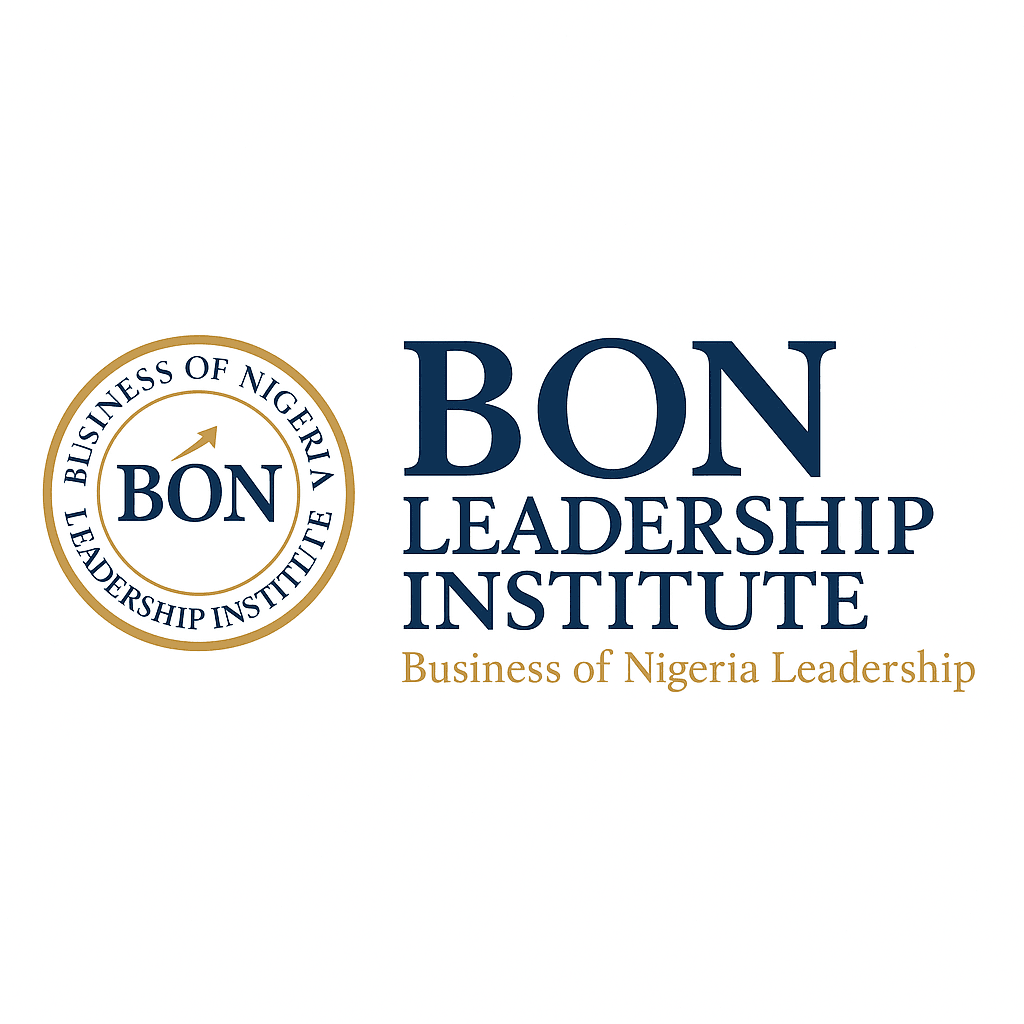Building Sustainable Impact: The Business of Purpose with Khadijah Haliru
Understanding the Business of Purpose
In today's rapidly changing world, businesses are increasingly recognizing the importance of aligning their operations with a greater purpose. Khadijah Haliru, a renowned expert in sustainable business practices, advocates for a model where companies not only focus on profits but also contribute meaningfully to society and the environment. This approach, known as the business of purpose, emphasizes creating value beyond financial gains.
The concept revolves around integrating sustainability into the core strategy of a business. It's about understanding that long-term success is deeply connected to positive societal impact. Companies that embrace this philosophy often see improved brand loyalty, greater innovation, and enhanced employee satisfaction.

Key Elements of Building Sustainable Impact
For businesses aiming to build sustainable impact, there are several key elements to consider. Firstly, companies need to clearly define their purpose. This involves identifying what they stand for and how they can contribute to solving global challenges. A well-defined purpose serves as a guiding principle for all business decisions.
Secondly, engaging stakeholders is crucial. This includes employees, customers, suppliers, and the communities in which businesses operate. Open dialogues and collaborative efforts help ensure that the company's purpose aligns with stakeholder expectations and needs.
The Role of Innovation and Technology
Innovation and technology play a pivotal role in driving sustainable impact. They enable businesses to develop new solutions that address environmental and social issues. For instance, advancements in renewable energy technologies can help companies reduce their carbon footprint significantly. Moreover, digital platforms can facilitate transparency and more efficient resource management.

Khadijah Haliru emphasizes that businesses should invest in research and development to continuously explore innovative ways to fulfill their purpose. This not only enhances their competitive edge but also contributes to global sustainability goals.
Challenges and Opportunities
Building a business centered around purpose is not without its challenges. Some companies may face initial resistance due to the perceived costs associated with sustainable practices. However, Khadijah argues that these challenges also present opportunities for differentiation and leadership in the market.
By adopting a proactive approach to sustainability, businesses can mitigate risks such as regulatory changes or resource scarcity. Furthermore, they can tap into new markets by catering to the growing demand for eco-friendly products and services.

The Future of Purpose-Driven Businesses
The future holds immense potential for businesses committed to making a positive impact. As consumers become more conscious of their purchasing decisions, they increasingly prefer brands that align with their values. This shift in consumer behavior presents an opportunity for purpose-driven businesses to thrive.
Moreover, investors are paying closer attention to environmental, social, and governance (ESG) factors when making investment decisions. Companies that demonstrate a strong commitment to sustainability are more likely to attract investment and foster long-term growth.
Conclusion: A Call to Action
Khadijah Haliru's insights on the business of purpose serve as a powerful reminder that sustainability is not just a trend but a necessity for future success. Businesses have the power to drive meaningful change by embedding purpose at the heart of their operations.
As we move forward, let us embrace the challenge of building sustainable impact and transform it into an opportunity to create a better world for future generations. The journey may be complex, but with commitment and innovation, businesses can lead the way towards a more sustainable and equitable future.
